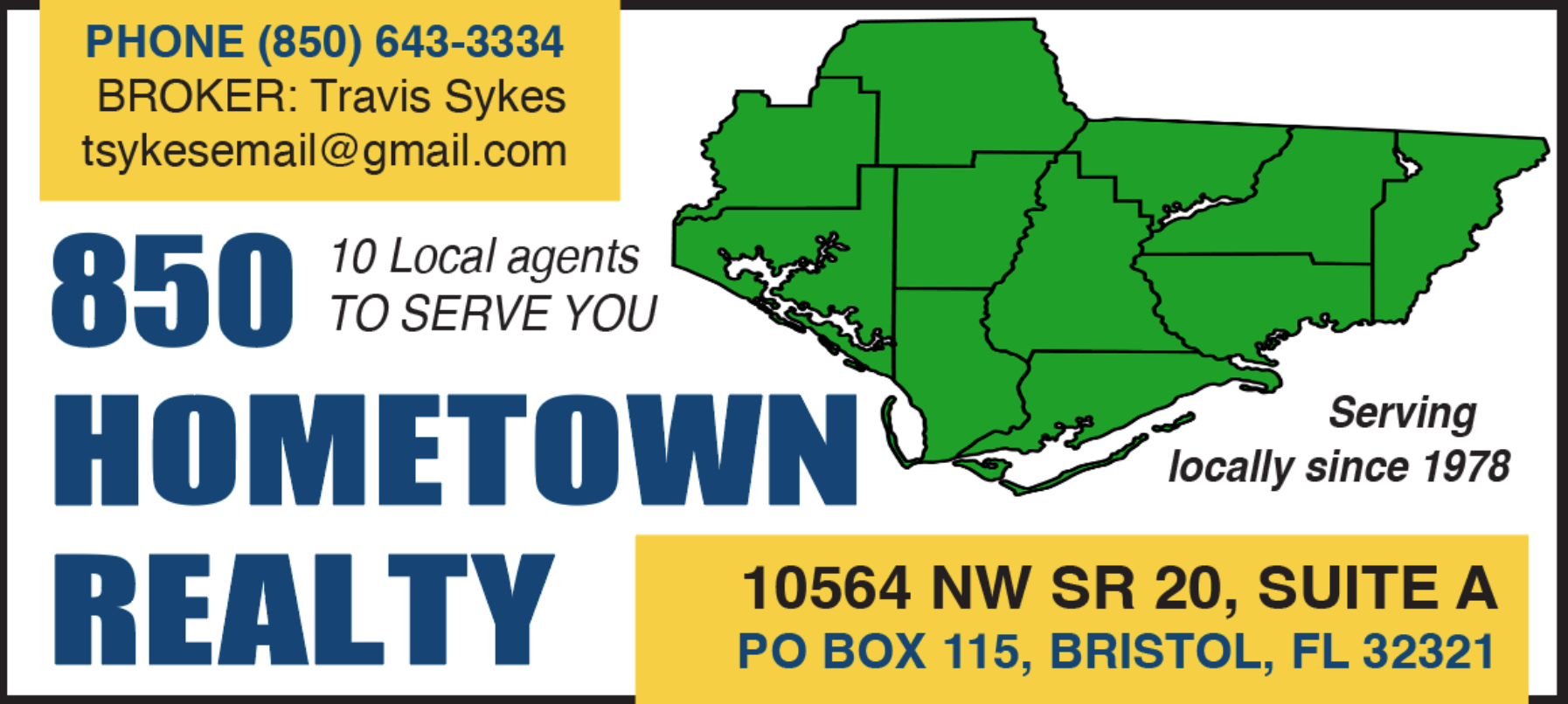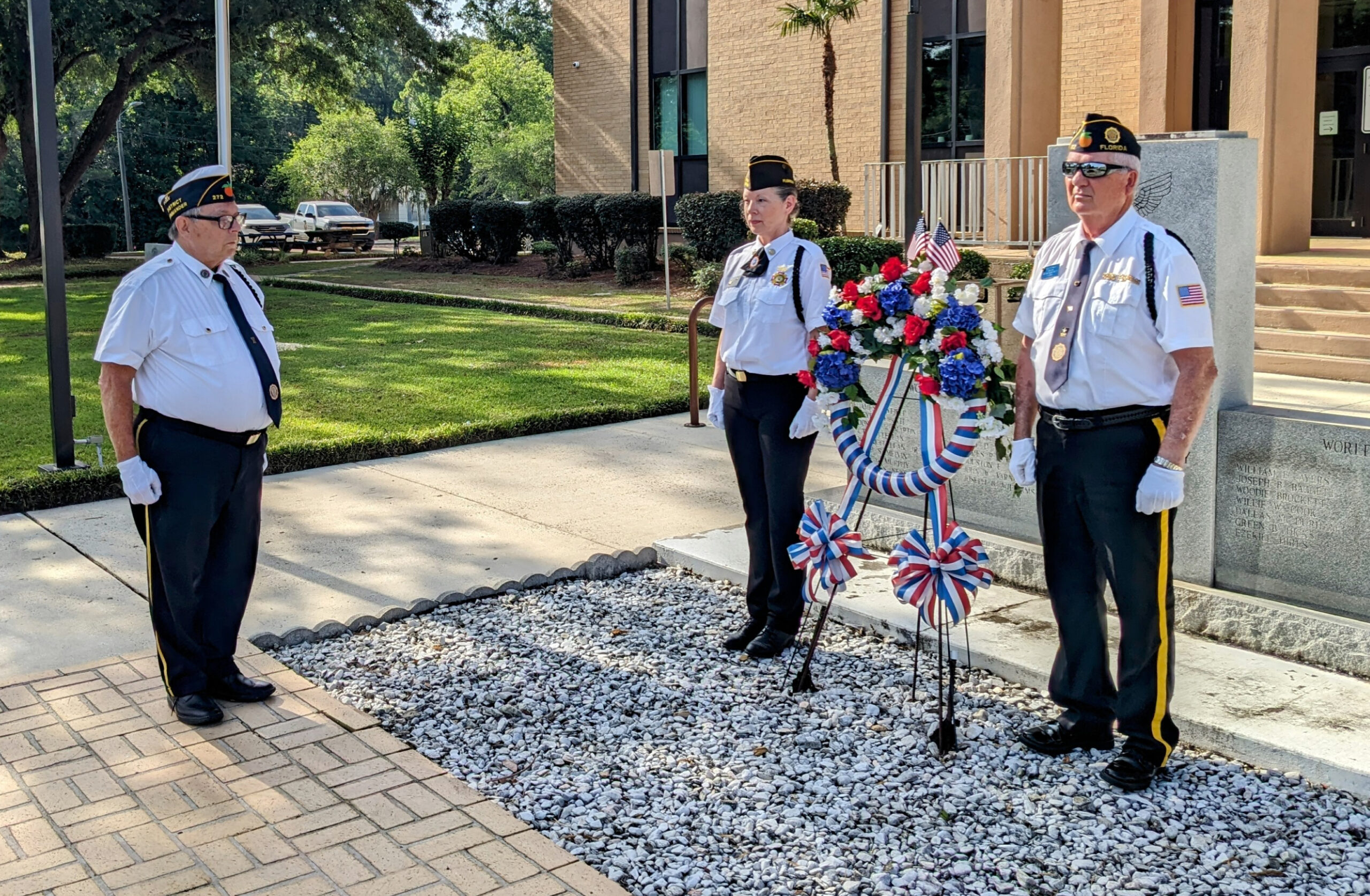Liberty Co. Tax Collector alerts FHP to placard scam
Call from Liberty Co. Tax Collector
launches state-wide handicapped
placard investigation and 7 arrests
by Teresa Eubanks, CLJNews.com
BRISTOL – A parking space is hard to come by in South Florida, but if you’re willing to ignore the law, take a designated spot needed by someone physically disabled and pay between $100 and $500 dollars, you can save yourself a few steps.
More than seven hundred fraudulently-obtained handicapped placards earmarked for ineligible buyers were processed in recent weeks in the state but scammers made a mistake by ordering a number of them through the Liberty County Tax Collector’s Office.
Tax Collector Marie Goodman realized something wasn’t right about the requests and contacted the FHP Bureau of Criminal Investigations. FHP Investigator Robert Ivey said the group successfully got placards from offices in Leon, Gadsden, Wakulla and Jefferson counties as well as throughout South Florida.
Goodman said two different people applied for the permits at her office in Bristol earlier this year, with each bringing up to 15 applications over several visits. That number of applications from a single person was unusual. “I did quiz them and was not comfortable with their answers,” Goodman said.
Ivey said the push to buy the placards in the panhandle follows a crackdown on the practice in South Florida. He’s quick to note that it’s statewide problem. The illegal placards are advertised on Facebook and Instagram to reach their target audience of people from 18 to 30 years of age, he said.
Each of the more than 700 applications targeted in this investigation used the name of a retired doctor who was unaware of the scam, Ivey said.
Seven people have been arrested, including four from the Tallahassee area and three from the Miami area. Four other arrests are pending. The charges against the scammers vary, but Ivey noted, “Those highly involved could potentially be sentenced to as much as 20 years.”
Those who purchased the placards have been notified by mail that their permit has been canceled and they are required to turn them in. “The decision was made to go for the people actually conducting the scheme as our primary focus,” Ivey said.
Most placards must be renewed every four years while temporary placards must be renewed annually, which gave the scammers a recurring customer base.
Views: 406






